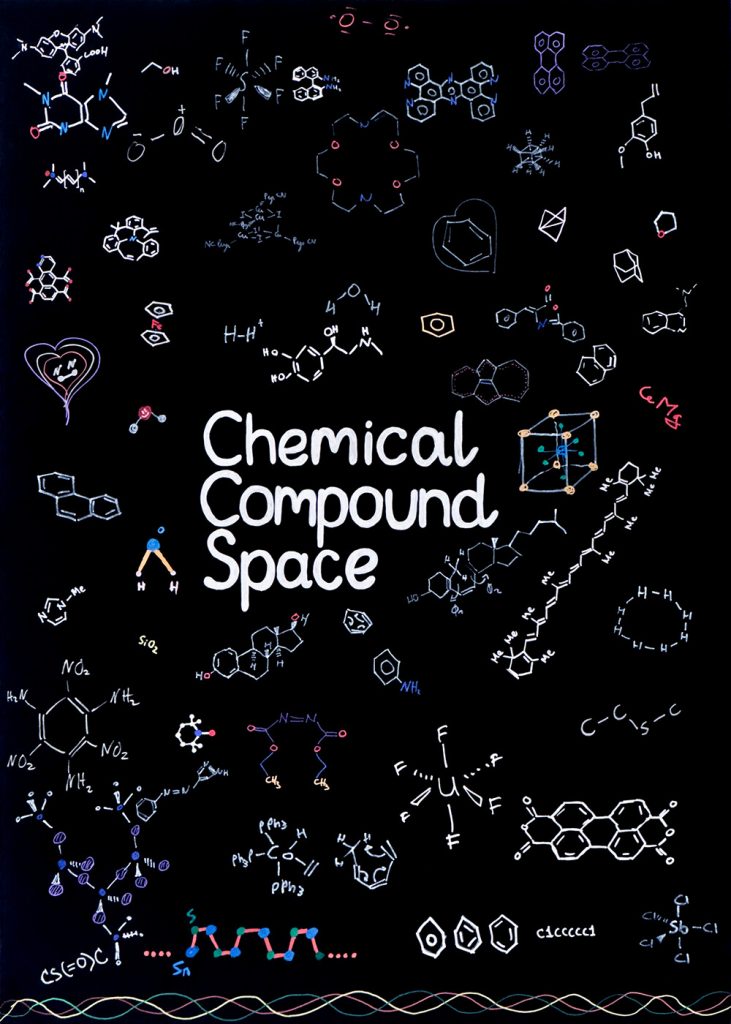Special issue: Exploring the chemical compound space with cutting-edge research tools
Targeted and efficient exploration of the vast chemical space in search of new and improved molecules and materials with artificial intelligence and multiscale modeling at the forefront of research efforts in life and materials’ sciences.
At two recent meetings in Heidelberg, Germany, this year, leaders in this dynamic field met and discussed the latest developments: the 2nd SIMPLAIX Workshop on Machine Learning for Multiscale Molecular Modeling and the Chemical Compound Space Conference 2024 (CCSC2024).
To highlight the cutting-edge research presented at these meetings and disseminate the state-of-the-art achievements in chemical space exploration, Anya Gryn’ova, Rebecca Wade, Tristan Bereau, and Pascal Friederich from the SIMPLAIX initiative, have teamed up with the editors of the Journal of Chemical Information and Modeling (published by the American Chemical Society), to assemble a virtual special issue (VSI) on “Chemical Compound Space Exploration by Multiscale High-Throughput Screening and Machine Learning”.
More details on this VSI can be found in a recently published Editorial (https://pubs.acs.org/doi/10.1021/acs.jcim.4c01300 ).
About HITS
HITS, the Heidelberg Institute for Theoretical Studies, was established in 2010 by physicist and SAP co-founder Klaus Tschira (1940-2015) and the Klaus Tschira Foundation as a private, non-profit research institute. HITS conducts basic research in the natural, mathematical, and computer sciences. Major research directions include complex simulations across scales, making sense of data, and enabling science via computational research. Application areas range from molecular biology to astrophysics. An essential characteristic of the Institute is interdisciplinarity, implemented in numerous cross-group and cross-disciplinary projects. The base funding of HITS is provided by the Klaus Tschira Foundation.
